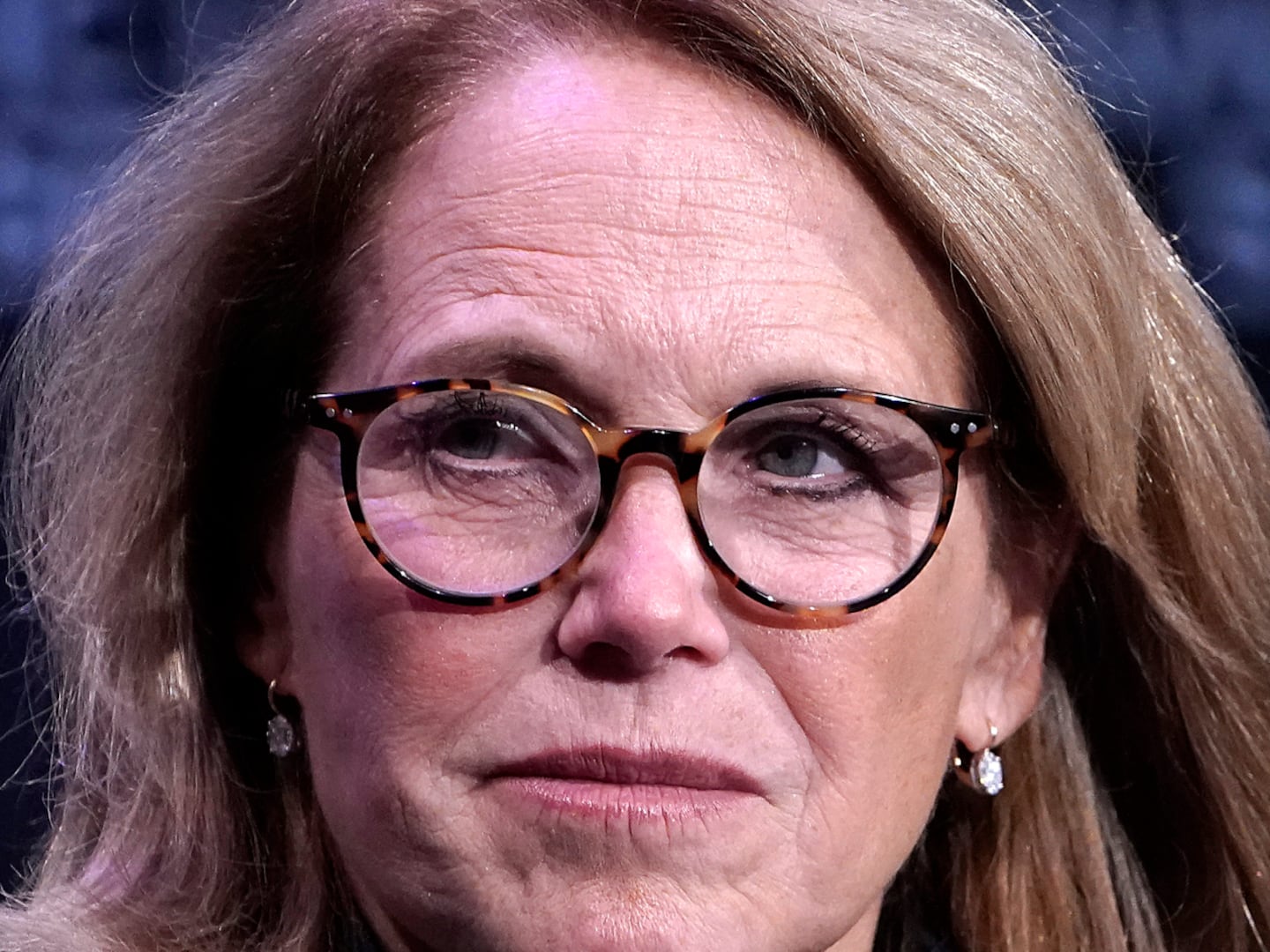Last Saturday should have been the day when the world’s largest airline officially came into its own, in the only way that really seems to count anymore: on the Internet. Two years into its merger with Continental, United was on track to mash its reservations and frequent-flier databases with those of its new partner, becoming one seamless giant in the eyes of the travelers (who, if all went well, should have noticed only that they couldn’t log on to the old Continental website).
It didn’t quite work out that way.
Despite months of preparation and training for more than 15,000 agents, the airline’s computer switch over misfired on an epic scale: hundreds of flights were delayed at United’s stronghold at Chicago O’Hare and elsewhere, reservations lines were jammed for hours, and airport check-in kiosks failed, forcing fliers to stand on long lines to speak to a real human being, if only they could find one.
United’s Facebook page has been deluged all week with comments, like this one from a customer whose coveted seat assignments had vaporized over the weekend: “Still can’t reach any one at United. This is going to be a nightmare. How can they have four rehearsals and screw up such a simple thing?”
The problems getting through to agents have lingered, although by Friday most of the airline operations were back to something resembling normal. Still, United posted several defensive and robotic mea culpas to its Facebook page, such as: “The system conversion involves moving millions of reservations and re-establishing numerous communications links. The vast majority of this work is going well, and we are resolving technical issues that we are identifying during this process.”
The “Up in the Air” folks were having none of it. Joe Brancatelli, who runs the road-warrior site JoeSentMe.com, said his mailbox was flooded with angry comments by the end of last Saturday. “What’s worse is the people who were the most affected by this mix-up were their best customers.”
The reality—as anyone who’s lived through previous airline mergers knows—is that it never would have been a simple thing to join computer networks that juggle tens of millions of fares and reservations at a given time.

Cautionary tales abound. When US Airways assumed control of America West’s network in 2007, the problems—canceled flights, broken kiosks—went on for weeks. And in 1987, Continental itself was at the center of one of the worst meltdowns of all. In what became known as the “Big Bang,” the airline was smashed together with the remains of several smaller airlines on a single day; in the ensuing chaos, so many suitcases went astray that airport workers simply loaded the errant bags onto any flight, no matter its destination, just to get the problem off their backs.
By those standards, the United tangle wasn’t too painful. More worrisome is not that it happened, or even that it inconvenienced thousands of fliers, but what it suggests about the future of air travel in America. The days of ulcer-inducing megamergers may be over, but that isn’t necessarily good news, because it means there just aren’t that many more decent-size independent airlines left to combine with. The airline field is contracting into a landscape dominated by a quartet of huge companies—United, Delta, American, and Southwest—which together control about 80 percent of all airline capacity in the United States, according to Michael Derchin, an airline analyst with CRT Capital in Connecticut.
Given the unlikely prospect that another well-financed interloper (like JetBlue or Virgin America) might swoop in, our air-travel future will be shaped by a handful of McAirlines—big, bland franchises that deliver the same uninspired experience, at least in the back of the plane. (To be fair, Southwest is still something of a maverick, but it is also feeling the pinch of high fuel prices and raising fares in response. It even succumbed to merger mania by buying AirTran.)
In short, the predictions made when the airlines were deregulated more than 30 years ago are coming to pass. Even after that first post-deregulation wave of mergers and bankruptcies in the 1980s and 1990s, when storied names like Pan Am disappeared from the scene, there were still enough airlines flying around to keep fares low and offer consumers plenty of choices. But then came Sept. 11, and the airlines lost around $60 billion over the next few years. To survive, they shrank, shedding workers and retiring around 500 planes to desert graveyards. “It was the lost decade,” Derchin said.
As airlines claw their way back to profitability, employee morale is another victim: virtually all the big airlines, including United, have gone through bankruptcy and not only eliminated workers, but imposed pay and pension cuts on those who remained. And it’s always the workers who take the most heat from upset customers. In the most recent merger, United’s employees, some of whom had been with the company for decades, were asked to learn a whole new system—Continental’s was the basis for the combined system.
Most analysts predict that there may be one more big union to come—likely involving American, now in Chapter 11 and the weakest of the three largest “legacy” airlines to survive the previous slugfests. But after that, it’s game over, and with fewer competitors, many observers believe fares will continue to rise and capacity will remain tight.
For its part, United continues to put a positive spin on the situation. Rahsaan Johnson, a spokesman for the airline, pointed out that the process of moving customer records to the new system was successful “in and of itself.” On Monday United added 600 reservations agents to assist with calls, Johnson said, and on-time performance and airport operations have been “otherwise normal” since.
But for fliers, “normal” is no longer a comforting word. “Dear United,” read a message posted Thursday to United’s Facebook page, “the new United is terrible. I’ve been a loyal customer for over 10 years, and you have re-paid me by generating a company that’s too big and provides terrible service.”
Joe Brancatelli put it more bluntly: “We assume that airlines care if they screw up, but they do not.”






